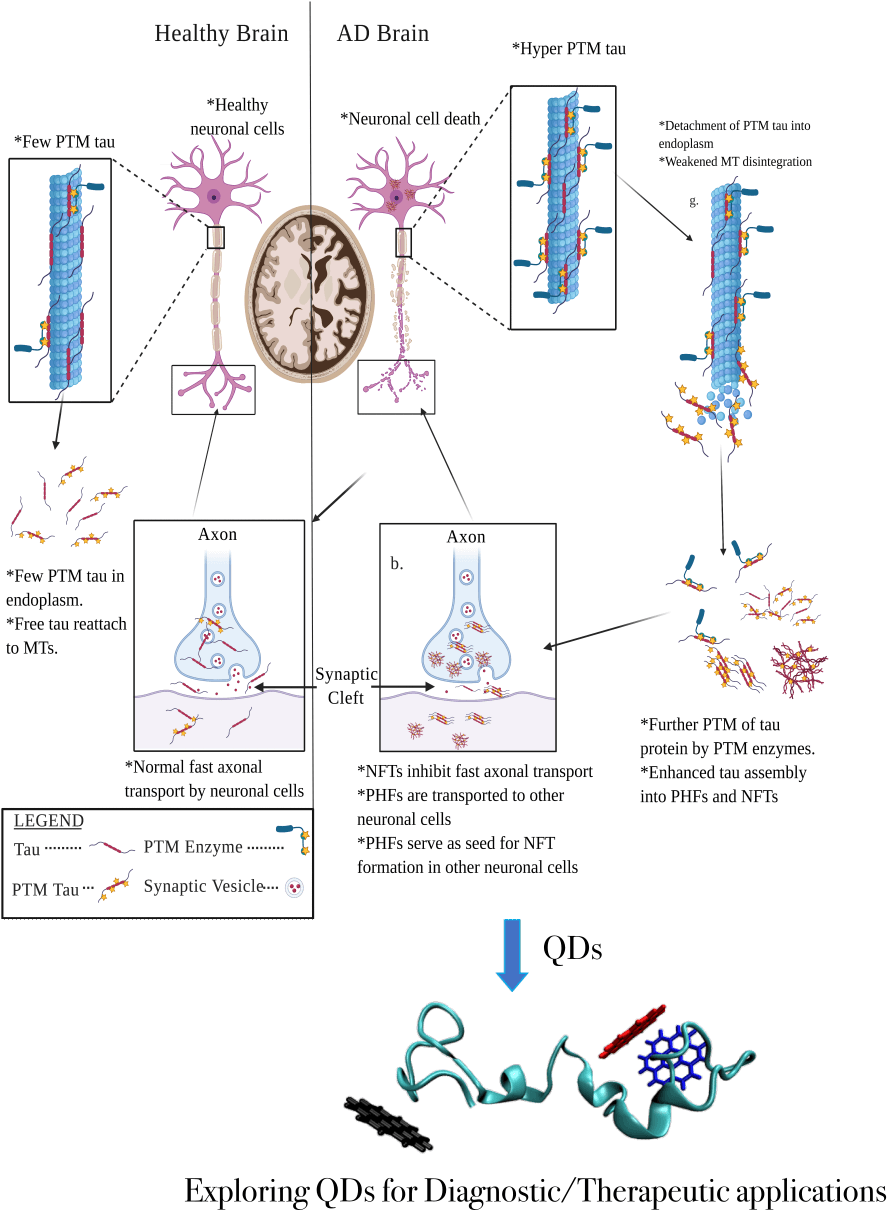Summary
The Quantum Encryption and Science Satellite provides a platform to develop and deploy quantum sensing and metrology via photonic channels. This project will build upon ‘free-space’ quantum communication technology and explore new approaches and methods to advance two primary applications: quantum-enhanced telescopes, and spectroscopic sensing for methane detection in the atmosphere. For the telescope application we will develop novel methods for imaging using multi-photon interference, such as in long-baseline telescopes. For greenhouse gas monitoring, we will perform a detailed analysis of a two-photon sensing setup, prepare a feasibility study on trace gas metrology using quantum communication channels, and move the demonstration from in-lab to outdoors, and finally to field deployment (two optical telescopes). This project also supports long-distance quantum communication by providing a framework and justification for quantum repeater networks. We expect these advancements will find wider application in enhanced performance of atmospheric environmental monitoring and imaging.
Related Content

Magnetoelectric Coupling in New Composite Multiferroic Nanostructures as High-Density Quantum Multistate Memory Elements
Summary Magnetoelectric multiferroics are materials that exhibit correlated ferroelectric and ferromagnetic properties (i.e., a magnetoelectric effect). The resulting ability of these materials to simultaneously store data in electric polarization and magnetic moment could increase data storage density and data processing speed while reducing energy consumption. This project aims to design and fabricate new composite multiferroic […]
February 1, 2023

Chiral Quantum Antenna Based on Multilayer Metasurface
Summary Individual atoms can act as stationary qubits and thus serve as nodes in quantum computing networks or as memories for quantum repeaters. However, to successfully use qubits based on single atoms suspended in free space, photons emitted by a single atom need to be efficiently collected. Conventionally, this can be done with high […]
September 20, 2018

Identifying the Potential of Quantum Dots to Detect and Disrupt Tau Protein Aggregation in Alzheimer’s Disease
Specific tests for Alzheimer’s disease (AD) diagnosis are currently unavailable, despite AD being the leading cause of dementia. One hallmark of AD progression is the aggregation of tau proteins into paired helical filaments and neurofibrillary tangles, which is accelerated by the hyperphosphorylation of Tau proteins. However, the mechanism by which the hyperphosphorylated tau accelerates protein […]
March 27, 2023

Engineering and Characterizing Programmable Interaction Graphs in a Trapped Ion Quantum Simulator
Summary Quantum simulators have the potential to bring unprecedented capabilities in areas such as the discovery of new materials and drugs. Engineering precise and programmable interaction graphs between qubits or spins forms the backbone of simulator applications. The trapped ion system is unique in that the interaction graph between qubits can be programmed, in […]
July 24, 2018

